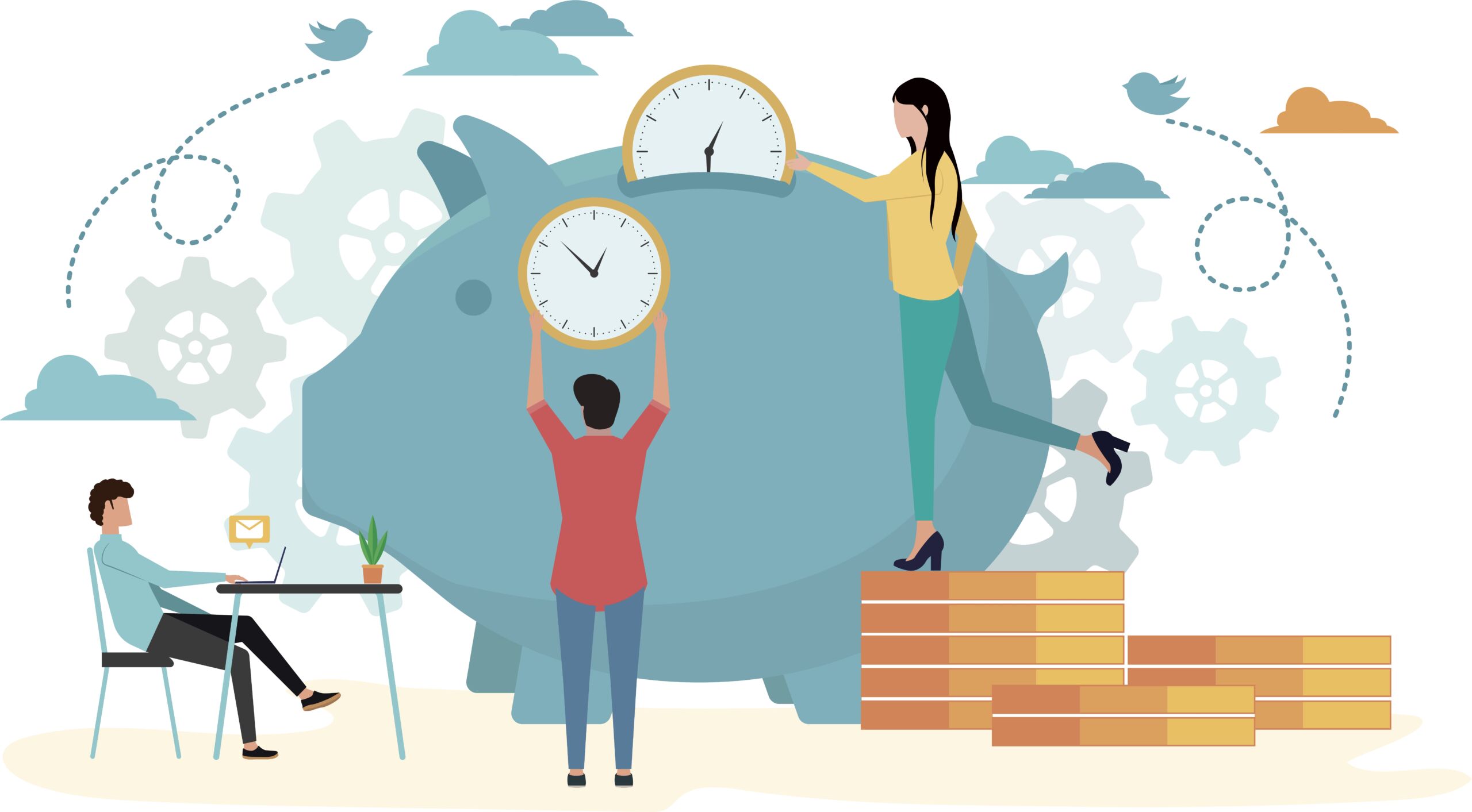Our days are full of choices. How to manage our career, our team, our families, our lives… Thousands of decisions, highly rationalized but mostly emotionally based.
If you think about a journey, some decisions are more practical (should I take the car, the bus or the train today?); some are more relevant (winter tires or regular ones?); some may be obvious (in which direction should I drive?) and some highly unfair (do I cause an accident by stopping or do I run over that little bird on the highway?).
When it comes to our personal journey, things can get a bit more complicated, but we gain more experience as we learn to adapt rapidly and take on risks… Really? Not necessarily though, we all know it. A busy life gets solved by implementing routines, by getting things done the way they are supposed to be done, by doing what is expected from us, what everybody does to fit in our current society model. How many times have you questioned whether vaccines are really needed or beneficial? Have you ever considered not sending your kids to school? Or leaving that 8 to 5 job that is driving you crazy and start something you really like?
We are supposed to get an education, find a job, have a family… and then… what comes next? If you are a man your list will probably continue with the verb “work” in every sentence. If you are a woman… not necessarily so. What women are expected to do is still a mystery, at least from a practical perspective. Study hard, get that great job, learn non-stop and reach a higher and higher position. Then when you are near your 30’s the tic-tac starts to resound in your neck. Too much work is not giving you enough time for the rest… But you love your work…and you have less than 10 years to become a mother within the safe standard of fertility. Yes, there is when all the unfairness begins. Your inner clock, your instinct, starts to compete with your external expectations of success.
Why is that? Very easy. Because you are in the summit of your professional development just when your fertility starts to decrease. And as the years pass by, your professional value increases, while your possibilities to experience maternity decrease drastically.
But wait… why is it like that, again?
Maternity, solely understood as a reproduction process, is a matter of physiological design. We can’t change the fact that we, and not men, are supposed to deliver human beings to the world, and provide primary care during the earlier stages of childhood.
Some time ago, I learned that the best way to pack a lot of objects in a confined space is to put the big ones first, and then to accommodate the small ones around them. Basic, right? So, why don’t we do the same with life? If physiology can’t be changed, why are we giving priority to our careers which actually should accommodate around the big stones in our life?
Yes, we as humans, highly influenced by the industrialization during the past century, invented the current work schemes and since then have focused on being more efficient, more productive, making it the sole purpose of a company (and so of an individual) to generate incomes at the lowest possible costs, therefore producing more earnings to the stockholders, who are also human beings (at least it was like that the last time I checked!).
So… we, humans, “agreed” on this model of work and life, so long ago that we stopped questioning whether it’s valid to talk about humans as resources, de-humanizing their nature to convert them into simple and dispensable pieces within a production system.
Is that really what is leading the decisions of people in advanced countries like Spain, where 1 in 4 women prefer to have a career than become mothers? Only letting the other 3 having less than 2 children each, reducing their working hours and salaries with the consequent slowdown on their career progression. A hard-working old generation that is not even reaching the replacement ratio of 2:2 per couple.
Only when we as humans, masters of our destiny, understand that it’s against our own nature and interest as a society to penalize professionals for becoming parents and willing to provide close care to their children, only at that point we’d be able to propose solutions to allow achieving a real balance. Until then, any talk about flexibility, results-based performance (instead of pure presence on the workplace), remote and shared works and all the concepts around the Future of Work will only be that: an unreachable future.
The status quo is only that: the status quo. It is not a true casted on stone which can’t be questioned.
Want to take an active role on designing our new and more human society model?
– Think about your possibilities as an individual owner of your time, of your knowledge, of your experience and skills.
– Now go back to the current model of selling your time, knowledge, experience and skills to a single employer that makes you run like crazy at least 12 hours every day.
– If flexibility crossed your mind when thinking on the transition from one status to the other, you’re then connected with the purpose of Wisar: Balanced lives, truly motivated workers, happier parenthood: happier children, all in all, a more human society design by and for humans.
If you are an employer, have you sufficiently explored innovative ways to provide more flexibility to your workforce?
.
– Do you really need your employees so many hours in the office every day?
– What would happen if your employees would work at their own pace and deliver the results even when you’re not permanently seeing them do it from a desk on your office?
– Is that job position really requiring 8 hours a day (or more)? Could the work be done in less time, by a highly efficient professional who earns a salary related to his/her level of contribution and not to the number of hours required to complete it?
– Is there any relevant role in your company that could be developed by two professionals sharing the same position, say one working in the mornings and the other in the afternoon, or coordinated to be present in complementary days?
.


